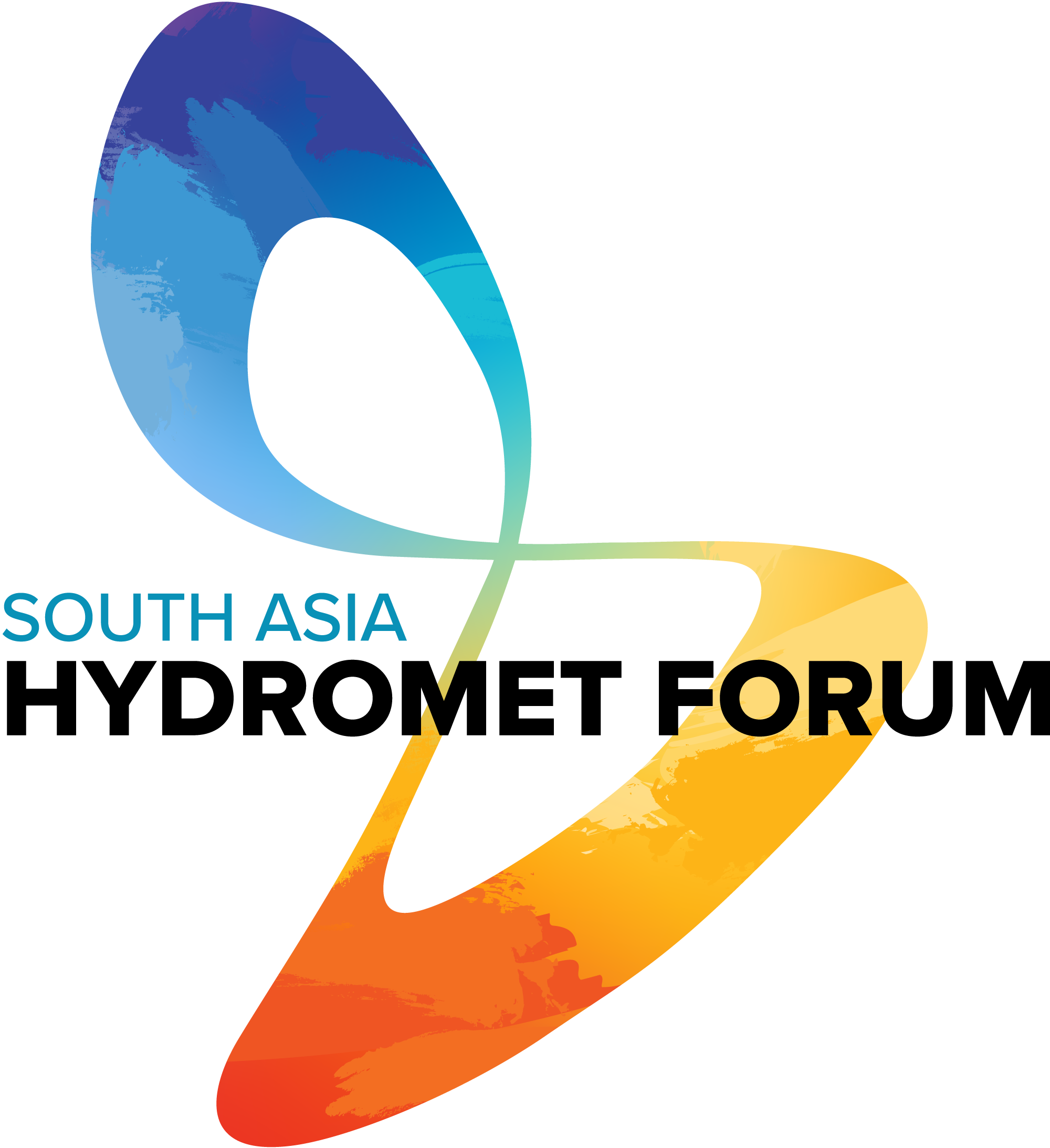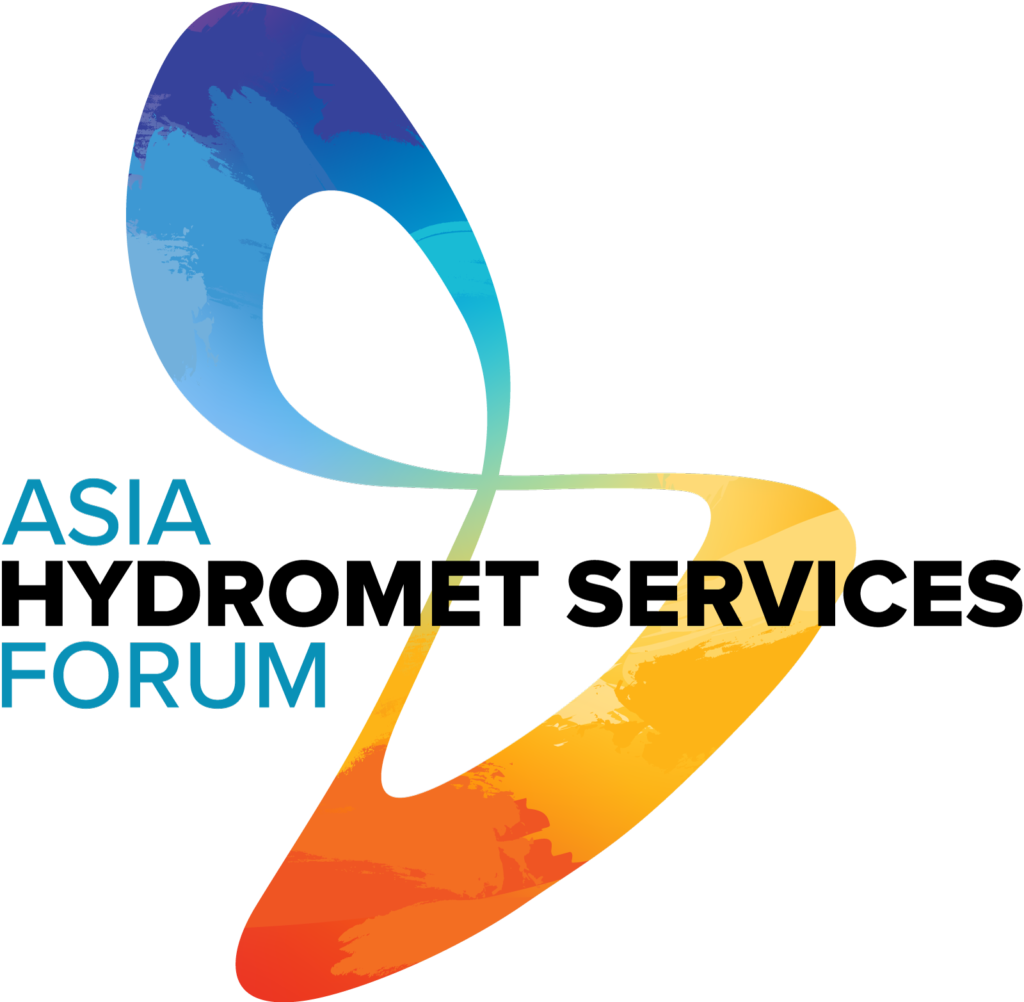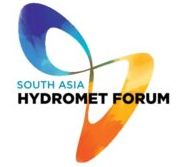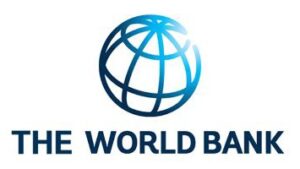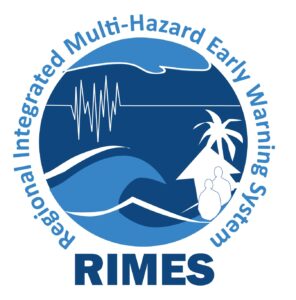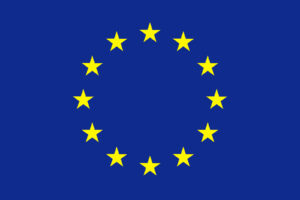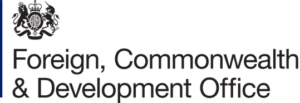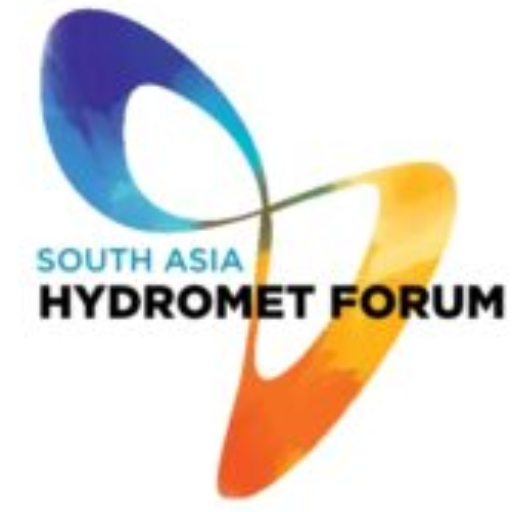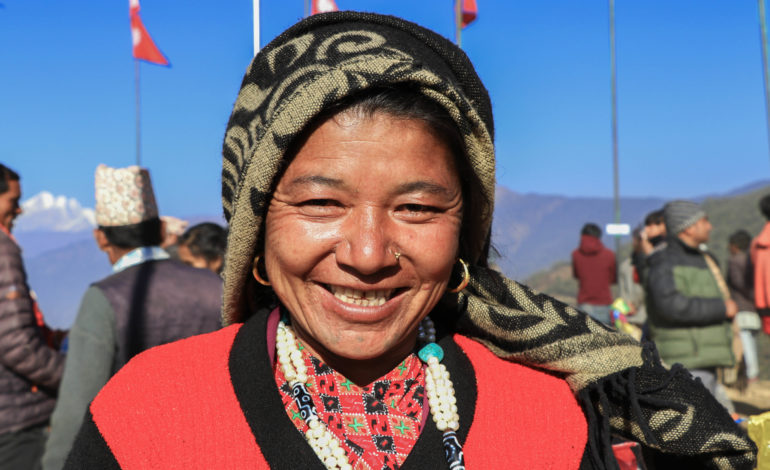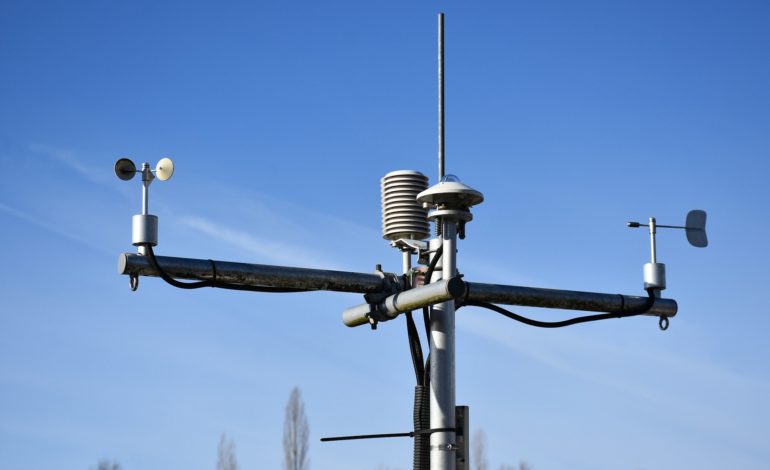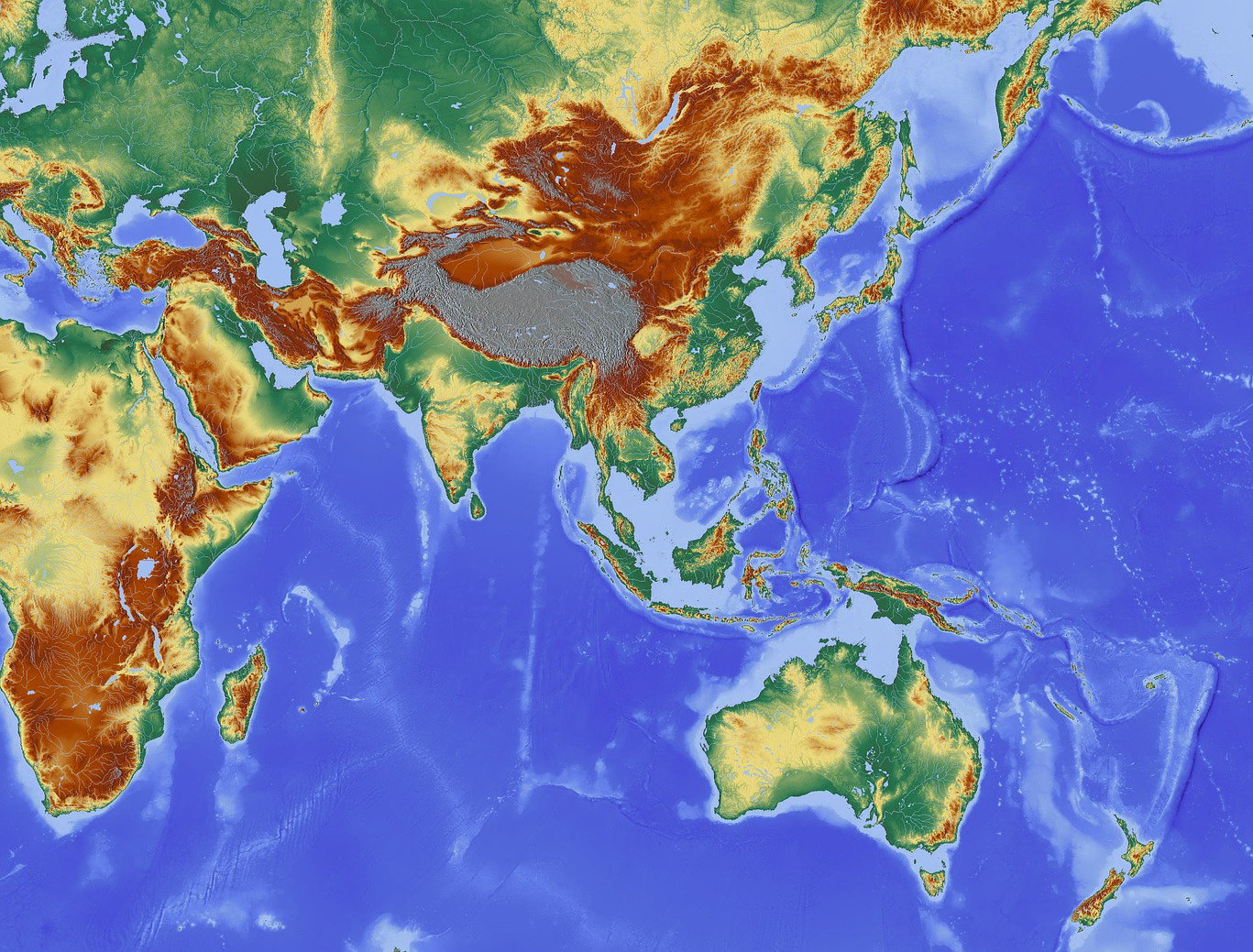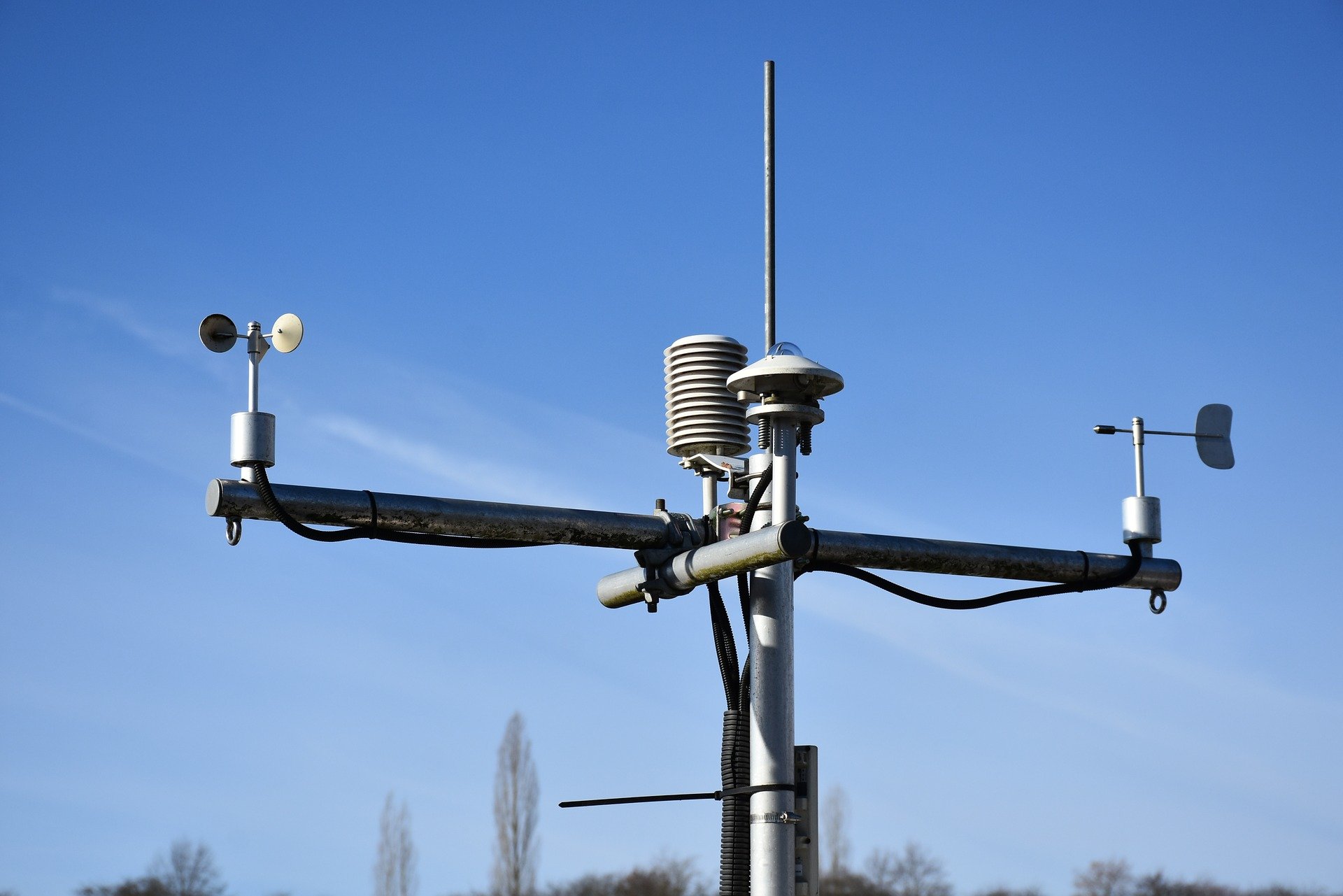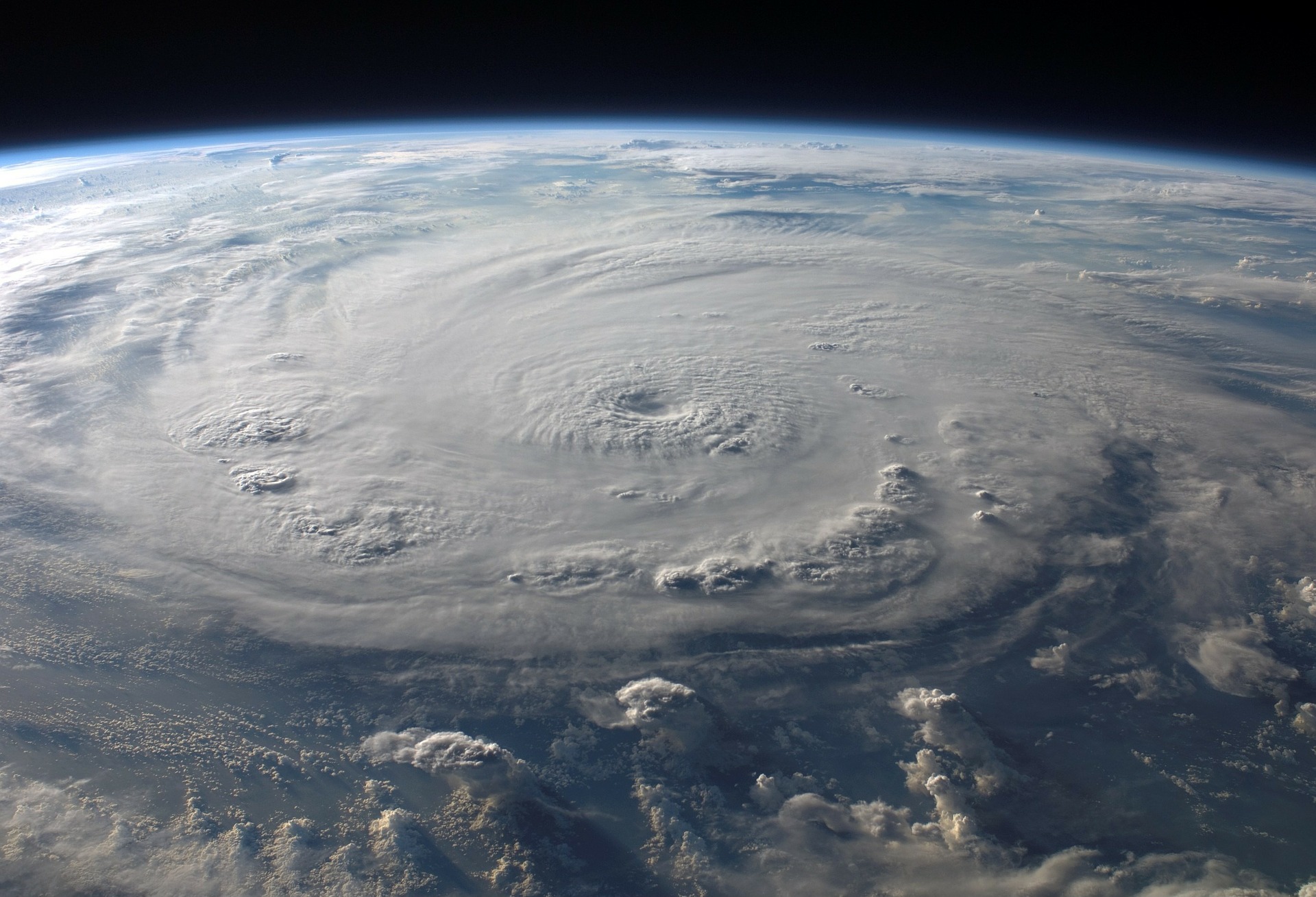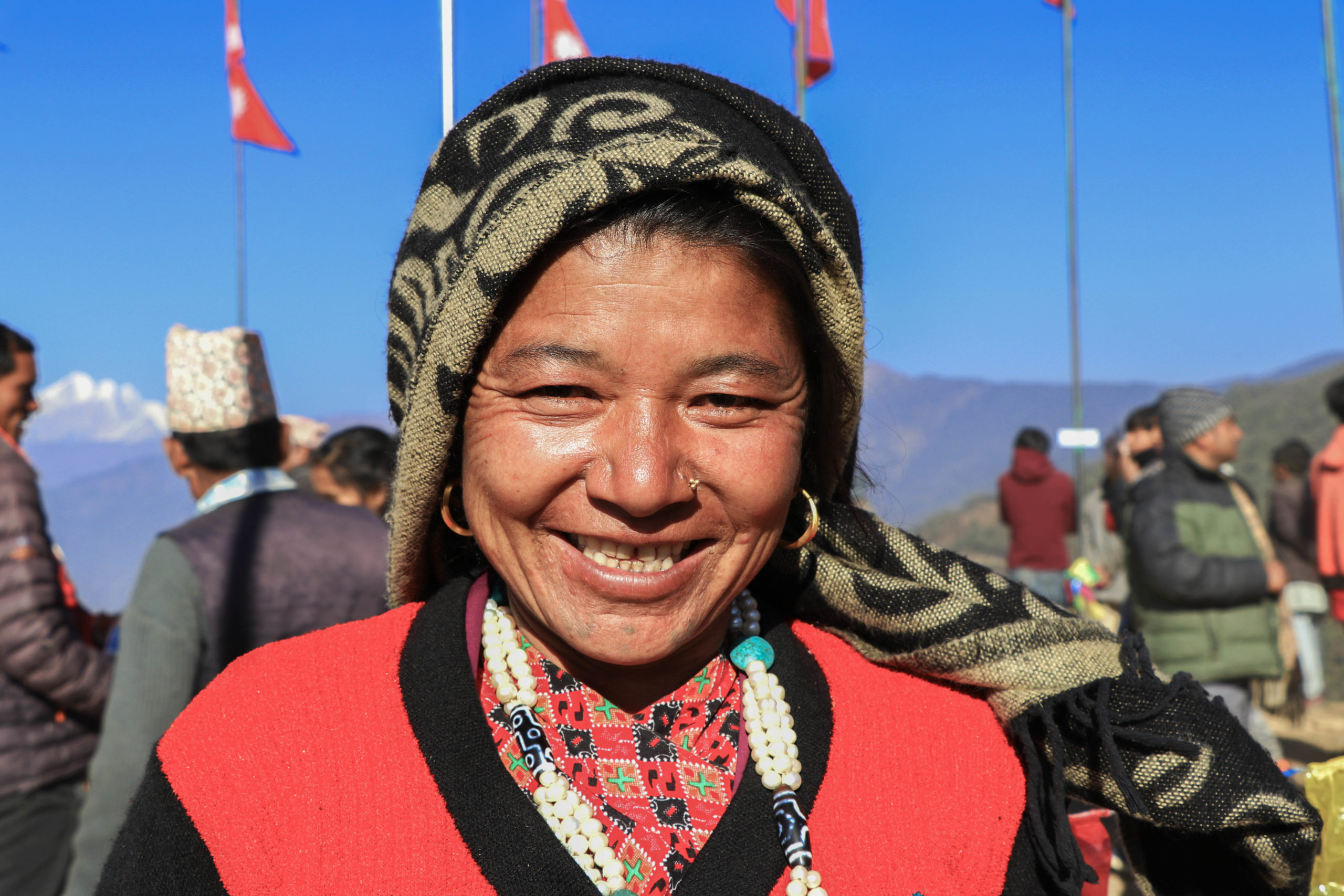ANNUAL SESSION AGENDA: DAY 2
admin
- November 1, 2021
- 4 min read
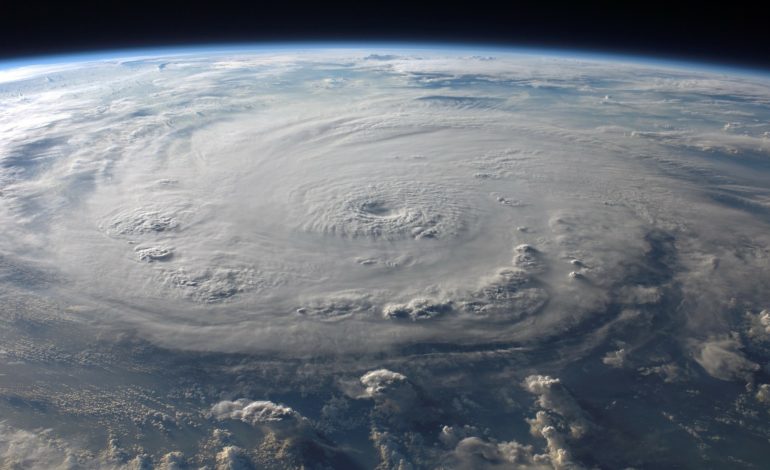
Day 2 : 16 November 2021
Session 1
04:00 AM to 05:30 PM (UTC)
(Session Duration: 1.5 hours)
User-focused tailor-made weather and climate services driving the climate/ early warning information value chain
Session Co-Chairs
Dr. David Rogers, Lead Meteorological Consultant, World Bank
Presentation
- Design and delivery of tailor-made services to facilitate Forecast based Actions (FbAs) at the Community Level in Bangladesh – Lessons from Northwest Bangladesh Development by Mr. Raihanul Haque, Country Lead, RIMES, Bangladesh
Panel Discussion
- Institutionalizing Forecast-based action learning from 2020 Monsoon in Northwest Bangladesh Ms. Sumaiya Kabir, Consortium Coordinator, Supporting Flood Forecast-based Action and Learning in Bangladesh (SUFAL), CARE, Bangladesh
- Benefits of Climate Information Services to National Economy rationale for investing on NMHSs by National Council for Applied Economic Research Dr. Parvinder Maini, Scientist G, Ministry of Earth Sciences, Government of India
- Economic Valuation of Hydromet and Climate Services – Case Studies from Bangladesh and Sri Lanka by Ms. Arati Belle, Disaster Risk Management Specialist, World Bank & Ms. Sonia Quiroga, Professor, Complutense University of Madrid
- Challenges and opportunities for institutionalizing user-needs based climate information value chain by Ms. Ruby Rose, Team Leader, Institutional Development, RIMES
Q&A Session
Summary
Session 2
05:40 AM to 07:20 AM (UTC)
(Session Duration: 1.5 hours)
Evolving protocols and support systems for impact-based forecasting
Forecasters and users work together to codesign integrated and tailor-made services to integrate forecast data into decision systems. SAHF Working Group process identified challenges and opportunities to institutionalize impact-based forecast in South Asia region. This session will highlight evolving institutional and technological innovation to meet SAHF priorities
Session Chair
Evolution of interface institutional mechanisms between NMHS and user/ stakeholder institutions and pilot programs to transform climate/weather data into actionable information
- Bangladesh National Center for Climate Applications by Mr. Md. Azizur Rahman, Director, BMD
- SATARK impact forecast system: Dr. Bhola Nath Mishra, Odisha State Disaster Management Authority, Odisha
- ARRCC contribution to SAHF priorities: Ms. Catrina Johnson, Science Manager and Weather Analytics, UK Met Office
Panel Discussion: Sectoral Applications
- Pakistan Climate Impact and Integration Centre
Dr. Azmat Hayat Khan, Head-CIIC, Pakistan Meteorological Department - Integration of Disease Surveillance technologies and climate information for forecast based public health actions: Dr. Reuben Samuel, Programme Area Manager- Country Preparedness & IHR, WHO/SEARO
- Applications of weather and climate information for agriculture: Dr. Punyawardena, Director, Department of Agriculture, Sri Lanka
Q&A
Summary
Session 3
07:30 AM to 09:00 AM (UTC)
(Session Duration: 1.5 hours)
Improving weather and climate forecasts in the region
Weather and climate services to minimize the impacts of extremes at local levels increasingly depend on global and regional forecasts and observational resources. The South Asia region needs to seize opportunities to make full use of global resources and regional collaboration to make strategic investments and plans over the next decade. Such actions will enable NMHSs to meet stakeholder expectations to deliver actionable impact-based forecasts. This session will highlight SAHF priorities and make recommendations to address challenges during the next decade.
Session Co-Chairs
Mr. Ben Churchill, Head, Regional Office for Asia and the South-West Pacific, WMO
Presentations
- SAHF program design to meet challenges and harness opportunities in the coming decade: Dr. Shiromani Jayawardane, Director, Weather Forecasting and Decision Support, Department of Meteorology, Sri Lanka
- Evolution of the Global Weather Enterprise: Dr. Alan Thorpe, Visiting Professor, University of Reading & Former DG ECMWF
Panel Discussion: Advances in research and development for improving operational weather forecast in the SA region
- Monsoon Mission: Dr. Suryachandra Rao, Indian Institute of Tropical Meteorology, Pune
- Marine/ Coastal Weather & Climate Forecast: Dr. T. Srinivas Kumar, Director, Indian National Center for Ocean Information Services (INCOIS)
- Marine/ Coastal Services: Mr. Ahmed Rasheed, Director, Meteorology, Maldives Meteorological Services
- Mountain Meteorology: Dr. Singay Dorji, Chief Meteorologist, NCHM, Bhutan
- Regional NWP requirements: Dr. Jehangir Ashraf Awan, Pakistan Meteorological Department
